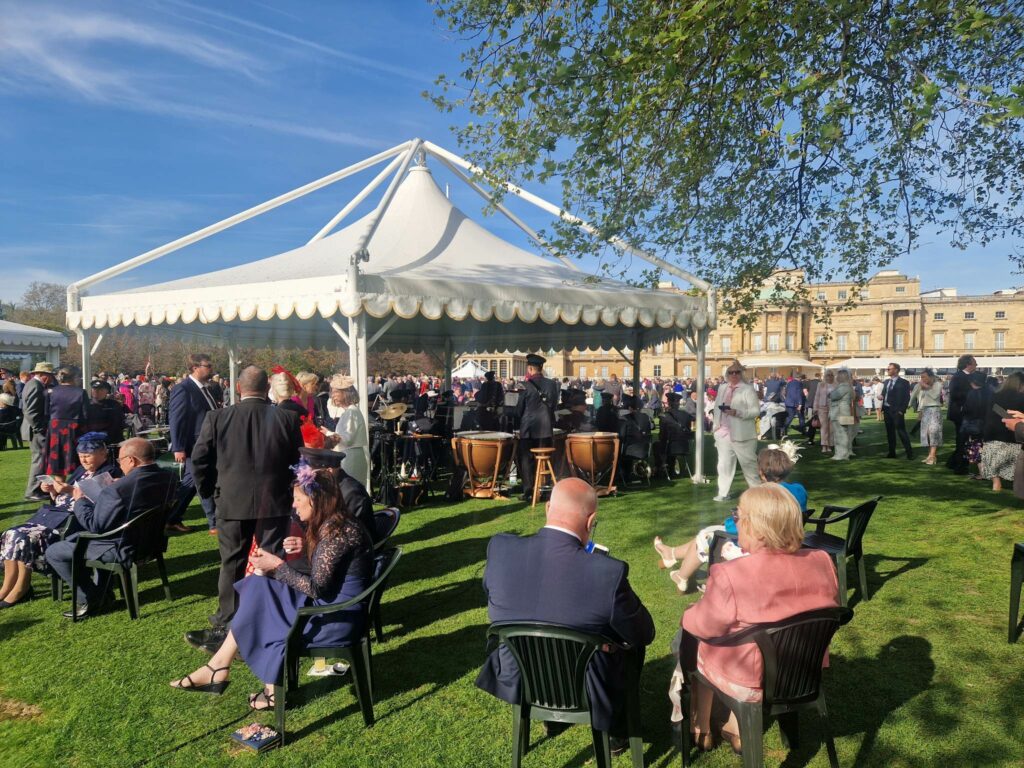Taking home a RailStaff Award might seem like the end of a journey. The reward for months or years of selfless hard work, the cherry on top of an amazing and satisfying career. But for many winners the honour is just the beginning of a long road. When Lee Woolcott-Ellis was recognised at the 2018 Awards, it launched a roller coaster ride that he’s still riding.
Lee was awarded the Rail Person of the Year Award for developing a sophisticated mental health support scheme for colleagues at Southeastern. After a successful pilot between July and December 2017, the Mental Health Advocate Programme was rolled out to all of the train operator’s 4,500 employees.
Mental health hero
Lee’s drive for supporting staff stems from his own experience of mental health struggles. As a victim of historic childhood abuse, Lee completed a course of cognitive behavioural therapy for his PTSD in 2017. “It was the best thing I’d ever done,” he says.
“After coming out of therapy, I recognised in other people, myself when I wasn’t in a good place. Seeing passengers getting into arguments on trains, seeing staff having to deal with violence, and the way people react emotionally to certain situations, it all made me realise that’s how I might have acted before I got help. It made me wonder how many other people have a backstory they don’t know how to deal with, and how many have no one to talk to.”
“As a result, I wrote Southeastern’s Mental Health Advocate Programme. We searched for volunteers from the workplace and trained them to achieve a Level 2 counselling accreditation with the British Association of Counselling and Psychotherapy. Then we initiated the peer-to-peer support programme. Since the programme started five years ago, we’ve supported just over 37% of the entire Southeastern workforce. During the pandemic, we supported over 1000 colleagues with their problems and concerns.”
Since winning his RailStaff Award, Lee’s feet haven’t touched the ground. He’s gone on to become the mental health lead manager at Southeastern, and is now pushing the entire mental health and trauma support agenda not only for his own company, but the industry as a whole.
“In 2021 I developed and wrote the Railway Industry Mental Health Charter, a framework to help promote, manage and support workforce mental wellbeing. After the retirement in 2020 of the ‘Time to Change Pledge’, which was a national campaign to tackle the stigma and prejudice associated with poor mental health, we began to look at what more we could do to support our colleagues at Southeastern. I looked at how other people had written mental health charters and came across the 2017 Stevenson report which provided an excellent foundation, so I used that as a framework.

“As I was already on the RSSB’s Mental Wellbeing Group, I approached them and their workplace psychologist Joanna Faustino, and we tailored my framework so it became more specific to the rail industry as a whole. We launched the Charter in May 2021 and, to date, 113 rail and rail-associated companies have signed up.”
Trauma management
It doesn’t end there. At the end of December 2022, Lee and Southeastern launched a Trauma Risk Management Programme (TRiM) which is a welfare led process intended to assess the response of staff exposed to traumatic or potentially traumatic incidents.
“If a colleague witnesses a violent or traumatic act on a train or at a station, they can refer themselves, or be referred to, the trauma risk management team and we will do a trauma risk assessment, 72 hours following the event. What we’re looking for in that risk assessment are the defined elements of trauma. By doing that we can help that individual process the incident, deal with it, and it won’t become a long-term issue or problem for them.
“So far this year, we’ve carried out 27 trauma risk assessments. These have been for staff witnessing suicides and fatalities, for staff who’ve faced violence in the workplace, as well as racial abuse from passengers to colleagues. The great thing is when we do a follow-up assessment, we can see the individual’s trauma scores coming right down.”
Royal recognition
As a result of his work in mental health, Lee has generated a fair amount of media attention, appearing in two BBC documentaries and working with ITV. “Since the awards I’ve constantly been contacted by other organisations that have seen some of the publicity. Winning the award opened up doors to many other conversations,” he says.
More recently, Lee was selected by senior officials at the Department for Transport to attend the Royal Garden Party at Buckingham Palace to celebrate the Coronation of King Charles.
“It was an honour to be invited,” he says. “I had to go through vetting, and then received a card saying I was invited by The Lord Chamberlain on behalf of His Majesty. It was an amazing day and I was able to use it to talk about the mental health work we do at Southeastern.”
Lee’s dedication to the wellbeing of his colleagues is remarkable and it is only right that his work is recognised throughout the industry and beyond.
You need look no further for proof that a RailStaff Award is not the end of a successful journey – it’s just the beginning. An Award can open many doors and, in the next few issues, we’ll be talking to more past winners with an amazing story to tell.

